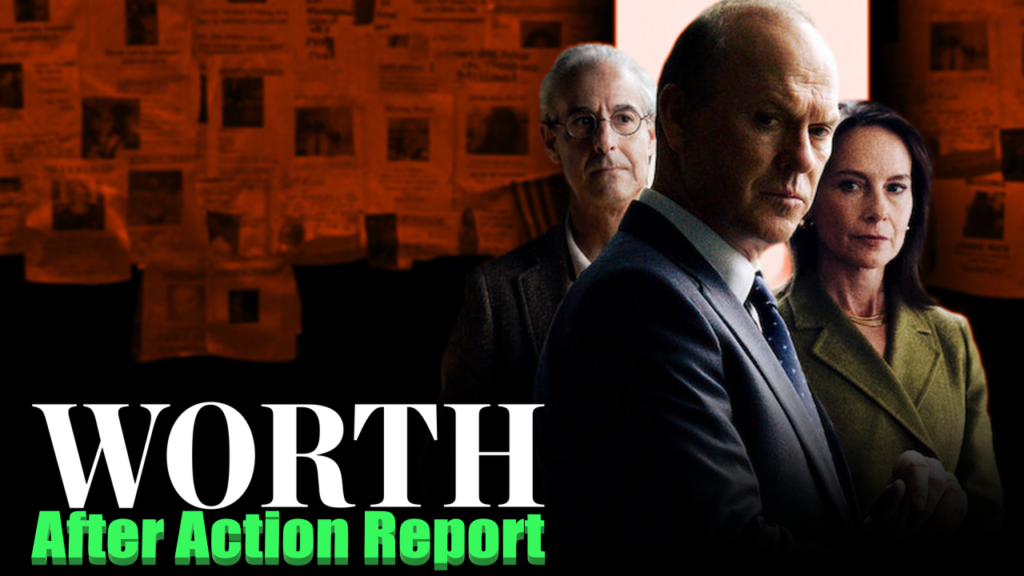The Kominsky Method: A Touching Tale About Life, Death And Redemption

Written by Mike
The Kominsky Method is a character drama spanning three seasons that follows the life and career of an “almost famous” actor Sandy Kominsky (Michael Douglas). Sandy’s failed acting career led him into being quite a successful acting coach, neither he nor his agent and best friend Norman Newlander (Alan Arkin) believe that he ever lived up to his truly glorious potential. The show follows Sandy as he helps Norman deal with the recently loss of his wife, navigates his own social and dating life, and teaches the students at his acting school.
The show starts off with Norman’s wife being very sick and passing away with Sandy helping and emotionally supporting him through the grieving process. The show also has its share of dating drama. Sandy dates Lisa (Nancy Travis), a woman who attends his acting school, and later in the series his daughter Mindy (Sarah Baker) tells him of her serious relationship with a man around his age named Martin (Paul Reiser). In the third and final season Sandy reconnects with an old love from his past, gets a shot at redemption for some of his life’s mistakes, and gets an opportunity that he has been waiting many years for.
The show is a character study that takes its time. We follow Sandy as he navigates his twilight years and all the challenges that come with them. I would describe the pace as “meandering”; instead of relying on suspense to hold your attention The Kominsky Method makes the audience care for its characters to the point of not minding the slower pace while also enjoying the friendships along the way.
Michael Douglas as Sandy Kominsky and Alan Arkin as Norman Newlander are the standouts of the show. The quick-witted writing for their characters is excellent and their acting truly drives it home. Later in the series Paul Rieser as Martin does a great job serving as a more comedic foil to Sandy’s typically cynical and to-the-point character. I don’t want to spoil anything, but I will also say that Sandy’s ex-wife Roz (Kathleen Turner) also comes into the picture and helps Sandy along on a heartfelt path to redemption.
This is another character-driven drama series made by Netflix, and on paper it did not sound too terribly impressive to me. I, however, like Michael Douglas so I watched it. I have to say that not only was I not disappointed, but I was deeply touched. I give this show a rating of Excellent on my five-tiered scale (Excellent, Above Average, Average, Below Average, Bad). Although I am only 29 at the time of writing this review, I found myself absolutely drawn into this story primarily about old age and what comes with it. I think that everyone can identify with each character as they talk about the life they have lived, the love that they have shared, the failures that they have had, and the disappointments that they carry with them. While Netflix has its misses, this is definitely a hit, and I highly recommend it for adults of any age.
